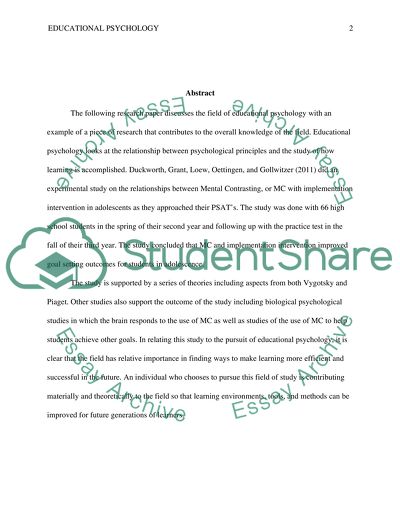Cite this document
(“Educational Psychology Research Paper Example | Topics and Well Written Essays - 2000 words”, n.d.)
Retrieved from https://studentshare.org/psychology/1468035-educational-psychology
Retrieved from https://studentshare.org/psychology/1468035-educational-psychology
(Educational Psychology Research Paper Example | Topics and Well Written Essays - 2000 Words)
https://studentshare.org/psychology/1468035-educational-psychology.
https://studentshare.org/psychology/1468035-educational-psychology.
“Educational Psychology Research Paper Example | Topics and Well Written Essays - 2000 Words”, n.d. https://studentshare.org/psychology/1468035-educational-psychology.


